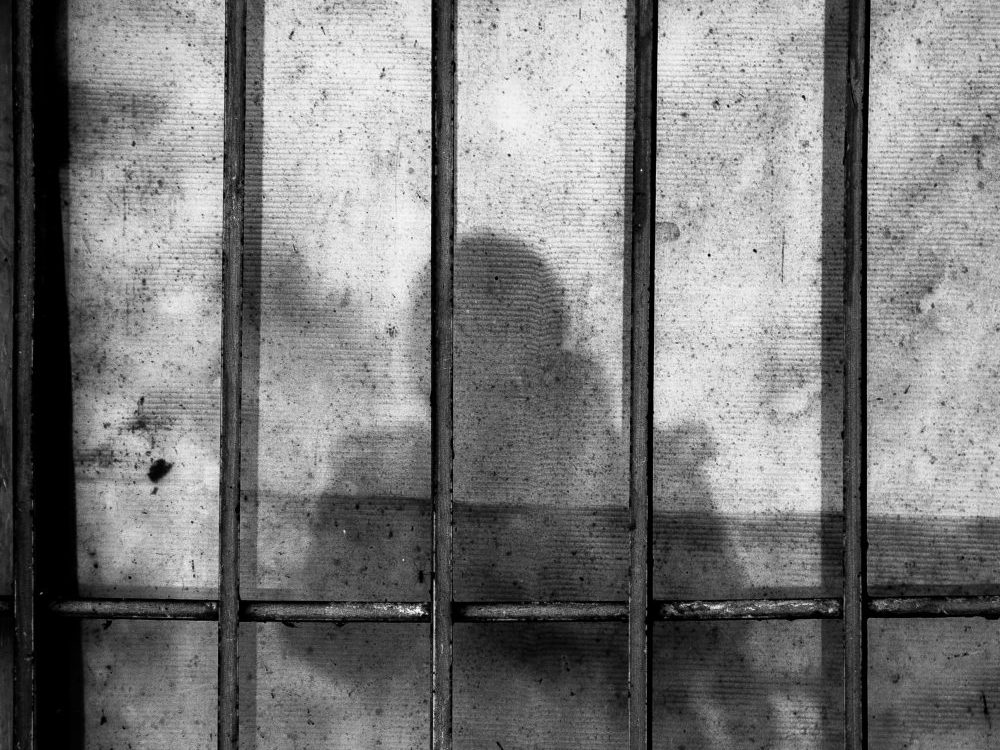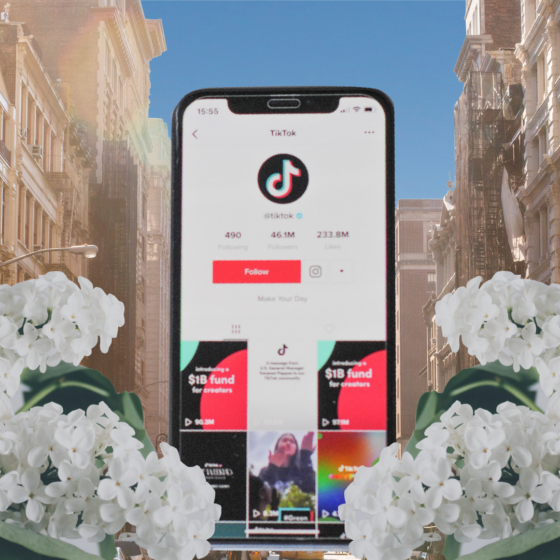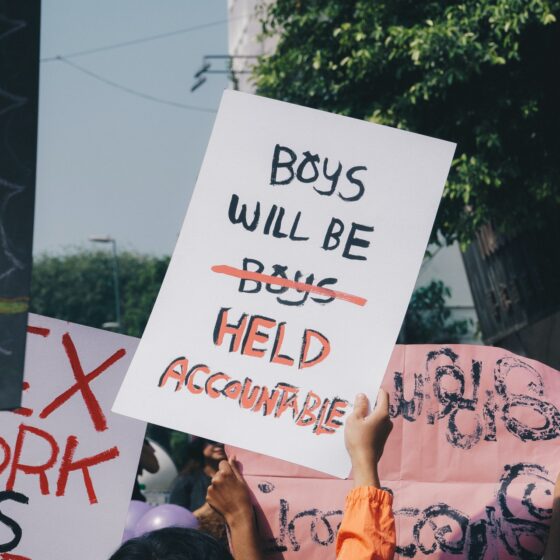The advice is simple enough: stay home. But what if your home isn’t safe?
While self-isolation benefits those most susceptible to illness, to survivors of domestic abuse and their families, it brings a new level of threat. Tragically, experts warn COVID-19 is likely to cause a spike in domestic abuse, leading to more frequent incidents or an escalation in severity as abusers take advantage of survivors’ isolation.
Isolation is a tool that many abusers already use to cut off all forms of support to their victims, and limit their individual freedom. Whether through threats of violence, limiting access to mobiles or the internet, controlling finances or gaslighting their targets, isolation plays into the hands of many abusers.
In a further blow to those assisting women in vulnerable domestic situations, co-isolation due to mandatory lock-down or sickness can separate survivors from resources that protect or uplift them – their friends, support groups or family. In short, it is tougher than ever to access help when their abusers are able to monitor their partner’s every move. Cut off from the world, domestic abuse services are increasingly finding themselves unable to contact service users at risk, as calling them in the presence of their abuser can be dangerous. In a culture of global angst, money worries and children being forced out of school, stress is ramped up in many households right now. In an already volatile environment, that stress can trigger further abuse, where coercive partners use the power and control offered by coronavirus lockdown as an opportunity for new levels of cruelty.
But abusers don’t have to have it all their way. They are reliant on silence. And it is the job of all of us to help survivors feel supported enough during a time of crisis to break that silence.
How can we support those living in abusive households during this time?
Domestic abuse is often a hidden crime. Mostly, it happens within the home, but signs of domestic abuse happening in our neighbourhoods can be jarringly obvious. Can you hear your neighbours arguing through the wall? Are there a lot of thumps, bangs, crashes? Do sudden screams punctuate the silence? Distressing sounds can potentially signal an abusive situation. Go with your gut: if it’s made you feel on edge, you are probably right.
If you think someone is being abused, what should you do?
Firstly, if you believe someone is in immediate risk of harm, call 999. Do not put yourself in danger trying to help them.
Survivors of domestic abuse are more likely to disclose abuse to someone that makes them feel safe and whom they can trust. But during COVID-19 isolation, survivors may not have their support network to hand. In that instance, their local community may be all they have. That means you.
Try to send them a smile if you catch their eye in the hallway or the street. Check if they need any shopping or medication. Pop a note through their door with your number saying you are here to support anyone in the community in need. Start a conversation. This alone could make them feel safer and represent a gateway to help. If someone trusts you enough to speak to you about their situation, listen and believe them. Simply saying, “I believe you and I am here to help you” can be life-changing for survivors.
What can you advise a survivor to make them a little bit safer?
- Download the “Hollie Guard” app and create a buddy system. When the app is active all they have to do is pick up their phone and shake it to alert their buddy that they are in danger.
- Advise them to call 999 if they get the chance: they can call without even having to speak – they only need to press 55 after the responder answers to alert the operator to domestic abuse.
- Suggest they set up code words with trusted people.
- If they are co-isolating with an abuser, domestic abuse works in patterns. Can they work out when abuse might take place and see if they can de-escalate situations in any way possible? They should try and avoid being cornered in the kitchen or bathroom when abuse is happening.
- Can you help them call a domestic abuse organisation? Do they want to? Is it safe to do so? Can you just give them a number to store somewhere secret if they need? The National Domestic Abuse Helpline UK number is 0808 2000 247.
Of course, it is never a survivor’s responsibility to safety plan around abuse. However, if they cannot leave an abusive situation – which is a real possibility in this current climate – then safety planning can be key to keeping safe. Survivors are their own best risk assessors and know their situation better than anyone – don’t try to make decisions for them or force them to flee abuse if they are not ready to do so.
The message that needs to resonate in our communities during this pandemic is to act with kindness. Together, by reaching out to help our neighbours, we can help limit the opportunities COVID-19 gives abusers.









